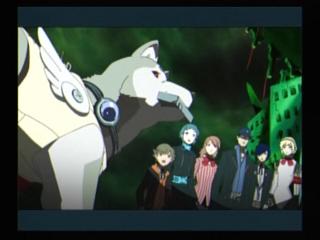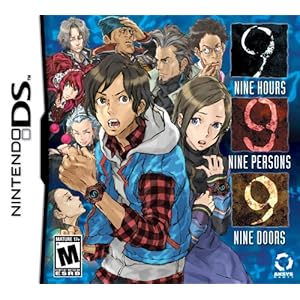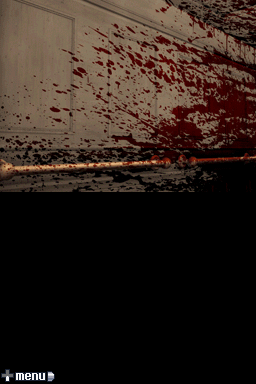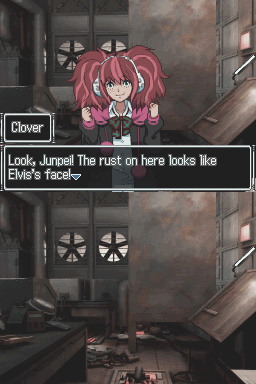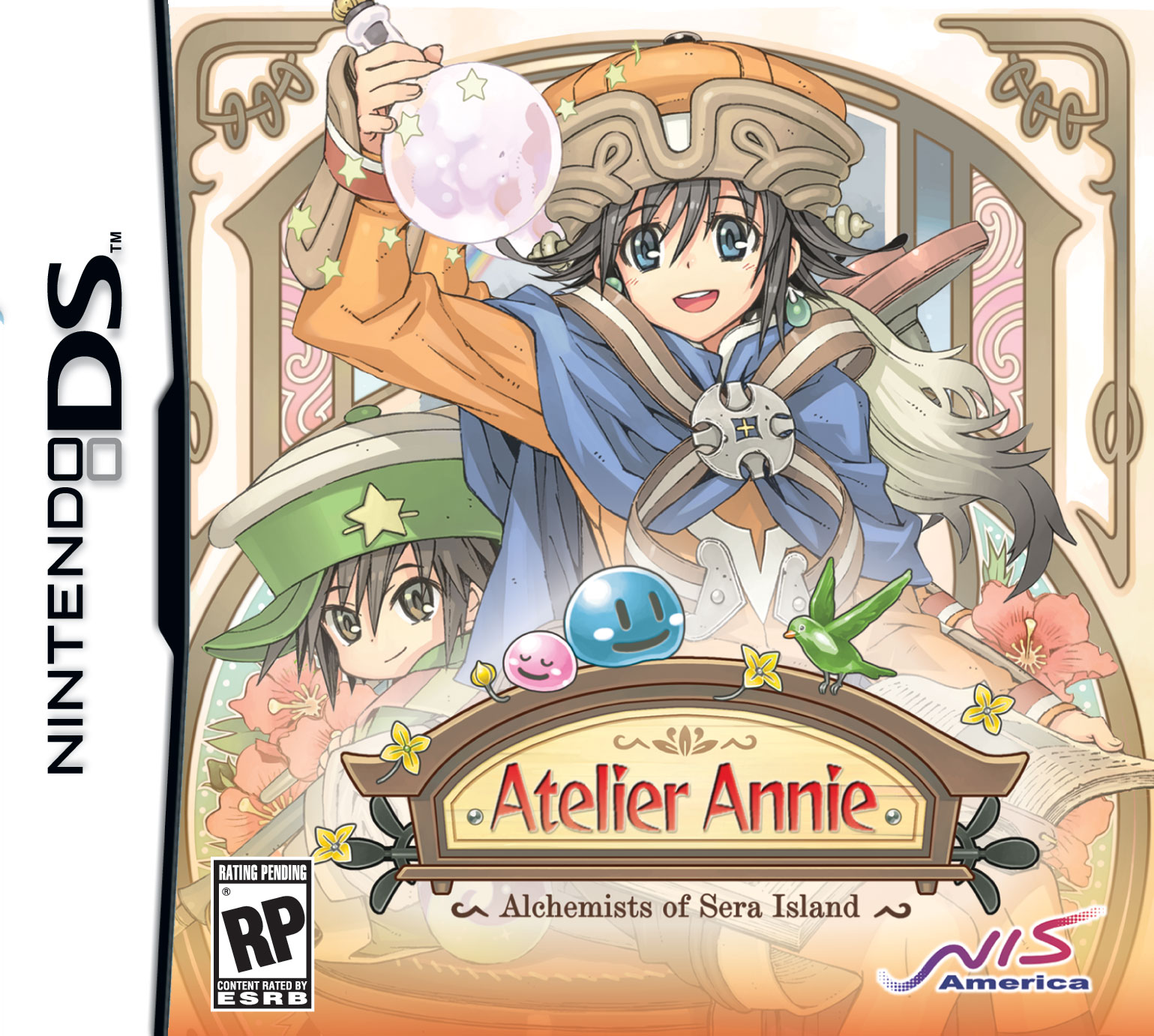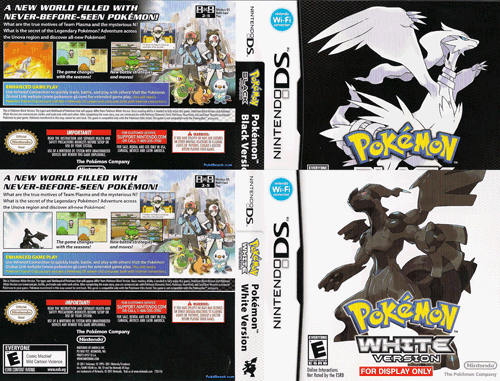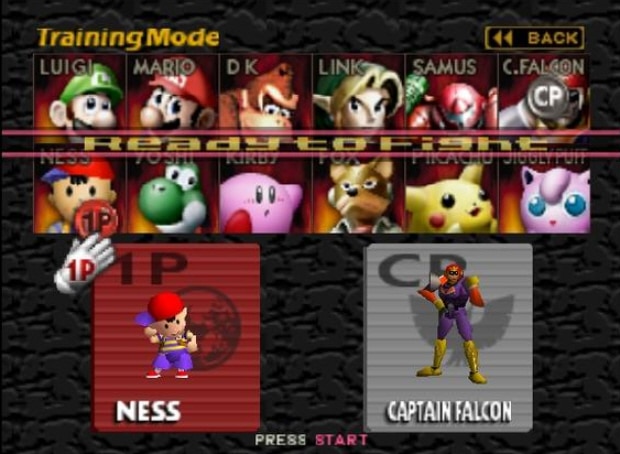Nukezilla's Editor in Chief, John Kershaw, made a great post yesterday about confronting the discriminiation (sexism, racism, and ableism are the ones he mentioned, though homophobia in the community is an issue as well) in the world of gaming.
In response to arguments that defend objectification and dehumanization (yes, that includes jokes about rape), Kershaw says:
An article Kershaw references also draws upon that point. Game designer Nicole Leffel wrote a guest editorial to Kotaku in which she wrote about a moment at a recent game design conference:
In response to arguments that defend objectification and dehumanization (yes, that includes jokes about rape), Kershaw says:
The arguments usually boil down to the point that it’s all “just the way [men are] wired”. It’s an argument used to uphold the patriarchy, it’s also mostly bullshit. Men are also “wired” to shit squatting, but somehow we’ve managed to rise above that.Kershaw's exactly right. Men (and even women at times) don't realize they're falling into sexist territory. By blaming it on the way you're programmed to act, men are only trying to weasel away from the blame.
An article Kershaw references also draws upon that point. Game designer Nicole Leffel wrote a guest editorial to Kotaku in which she wrote about a moment at a recent game design conference:
Blame Japan. And, well, why not? It's easier to imagine that vicious cultural problems are solely the product of some Over There place halfway around the world. Within the same minute Killian made another joke, this time dismissing the gratuitously sexualized camera angles used for female characters as a sign of improving technology. Again, the crowd laughed.Kotaku has surprised me. I normally go to them for the usual in gaming news, but here are posts about problems within the gaming community. It's a pleasant surprise. And yet for both of these guest editorials from Latoya Peterson and Denis Farr, comments have been missing the point. On multiple occasions, I've seen people say Kotaku isn't the proper venue for discussing issues within the gaming community. But those issues are just as newsworthy as any rumor or hype Kotaku publishes.









